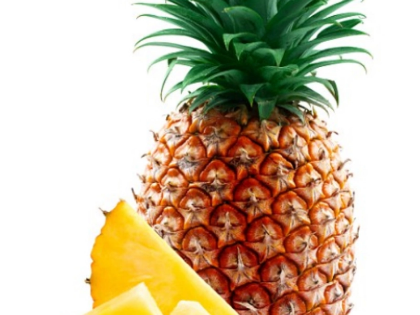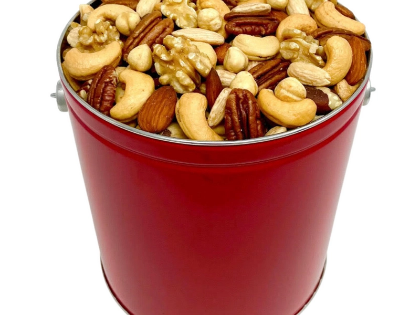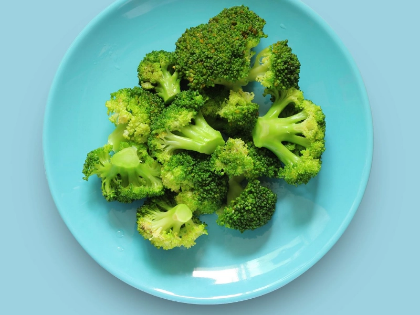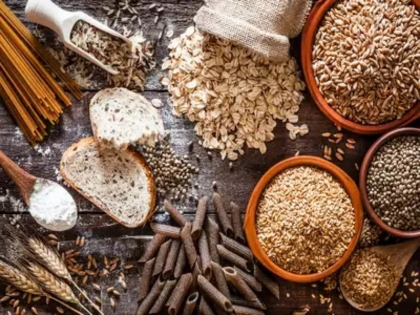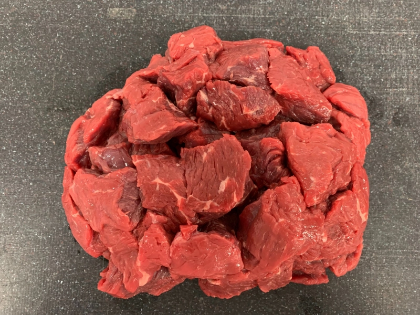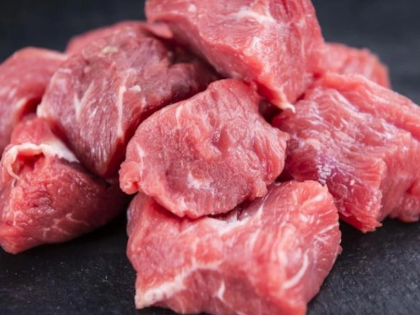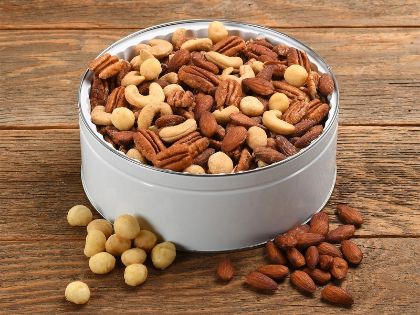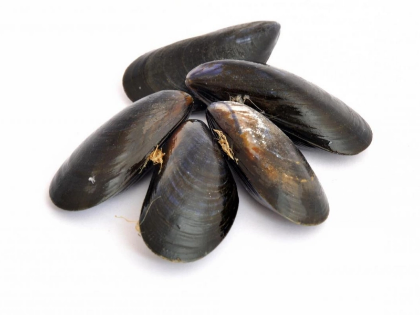The Importance of Grains in a Plant-Based Diet
Advertisement
1. Understanding Plant-Based Diets
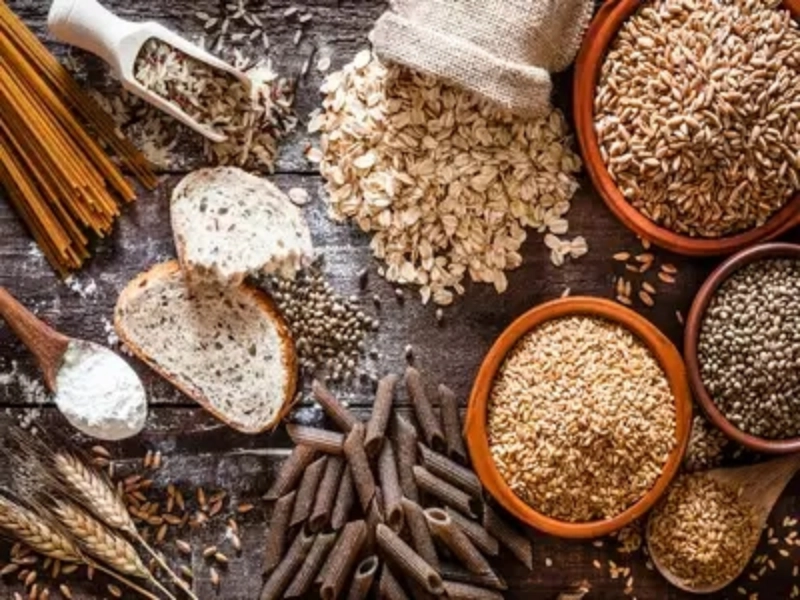
Advertisement
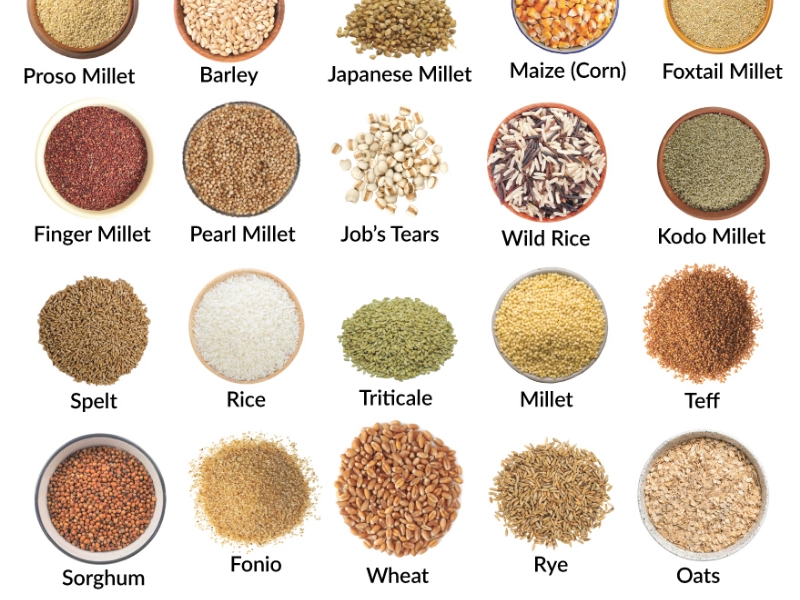 The main energy source for the body comes from carbs, which grains abound in. They also supply minerals, vitamins, and fiber—among other vital elements. Particularly, whole grains are high in B vitamins, iron, magnesium, and selenium, among other minerals. Grains' fiber content supports digestive health, blood sugar control, and weight maintenance, among other things. Including a range of grains in a plant-based diet guarantees that one gets a balanced consumption of vital elements.
3. Grains: Various kinds
The main energy source for the body comes from carbs, which grains abound in. They also supply minerals, vitamins, and fiber—among other vital elements. Particularly, whole grains are high in B vitamins, iron, magnesium, and selenium, among other minerals. Grains' fiber content supports digestive health, blood sugar control, and weight maintenance, among other things. Including a range of grains in a plant-based diet guarantees that one gets a balanced consumption of vital elements.
3. Grains: Various kinds
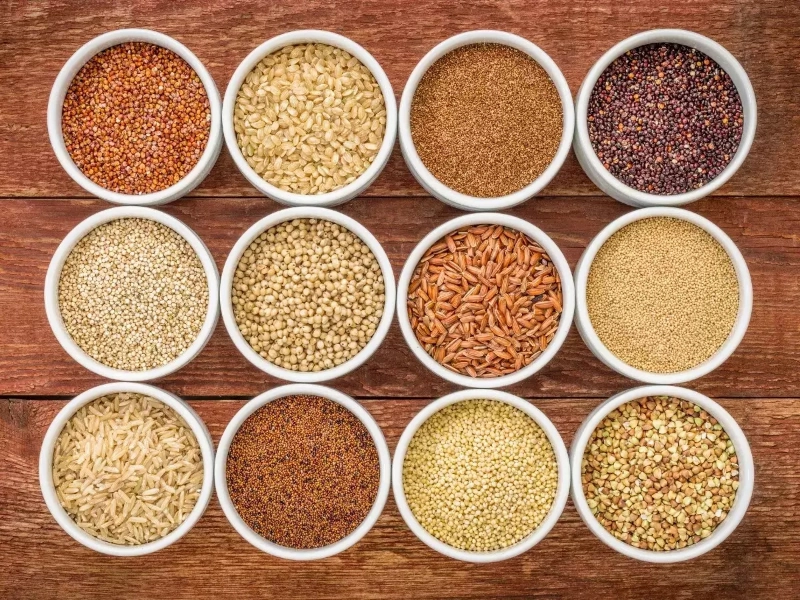 Whole grains and refined grains are two primary forms of grains. Nutrient-dense whole grains include brown rice, quinoa, barley, and oats that keep their bran, germ, and endosperm. Processing refined grains—such as white rice and white bread—has eliminated the bran and germ, therefore depriving them of fiber and minerals. Whole grains should be given top priority in a plant-based diet if one wants the best health since they support general well-being and offer more nutritional value.
4. Function of Grain Fiber
Whole grains and refined grains are two primary forms of grains. Nutrient-dense whole grains include brown rice, quinoa, barley, and oats that keep their bran, germ, and endosperm. Processing refined grains—such as white rice and white bread—has eliminated the bran and germ, therefore depriving them of fiber and minerals. Whole grains should be given top priority in a plant-based diet if one wants the best health since they support general well-being and offer more nutritional value.
4. Function of Grain Fiber
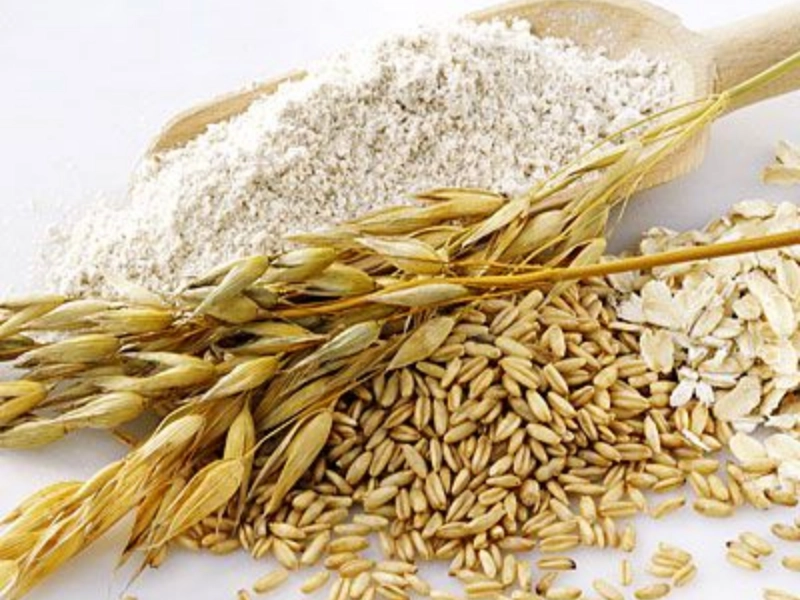 Crucially important for grains and with many health advantages is fiber. It prevents constipation and encourages consistent bowel motions, therefore helping digestion. For those with diabetes especially, fiber helps control blood sugar levels by slowing down the absorption of sugar into the bloodstream. Furthermore connected to a lower risk of heart disease, stroke, and several malignancies is a high-fiber diet. A plant-based diet with grains high in fiber will help greatly promote long-term health.
5. Grains and Heart Safety
Crucially important for grains and with many health advantages is fiber. It prevents constipation and encourages consistent bowel motions, therefore helping digestion. For those with diabetes especially, fiber helps control blood sugar levels by slowing down the absorption of sugar into the bloodstream. Furthermore connected to a lower risk of heart disease, stroke, and several malignancies is a high-fiber diet. A plant-based diet with grains high in fiber will help greatly promote long-term health.
5. Grains and Heart Safety
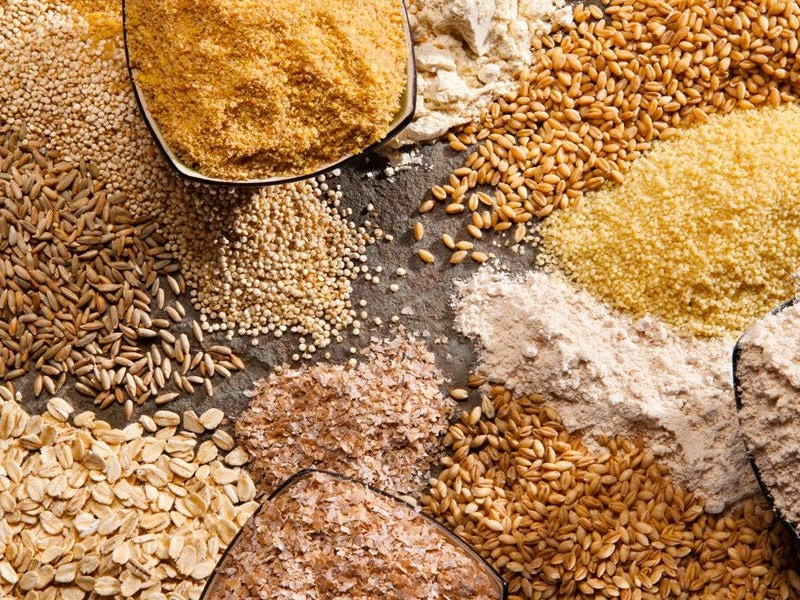 By lowering cholesterol and hence decreasing the risk of cardiovascular disease, whole grains have been shown to enhance heart health. While the antioxidants and phytochemicals in whole grains may lessen inflammation and enhance general heart health, the soluble fiber found in grains helps to lower LDL (bad) cholesterol. Including a range of whole grains in a plant-based diet helps people to be proactive in preserving their cardiovascular health.
6. Grain and weight management
By lowering cholesterol and hence decreasing the risk of cardiovascular disease, whole grains have been shown to enhance heart health. While the antioxidants and phytochemicals in whole grains may lessen inflammation and enhance general heart health, the soluble fiber found in grains helps to lower LDL (bad) cholesterol. Including a range of whole grains in a plant-based diet helps people to be proactive in preserving their cardiovascular health.
6. Grain and weight management
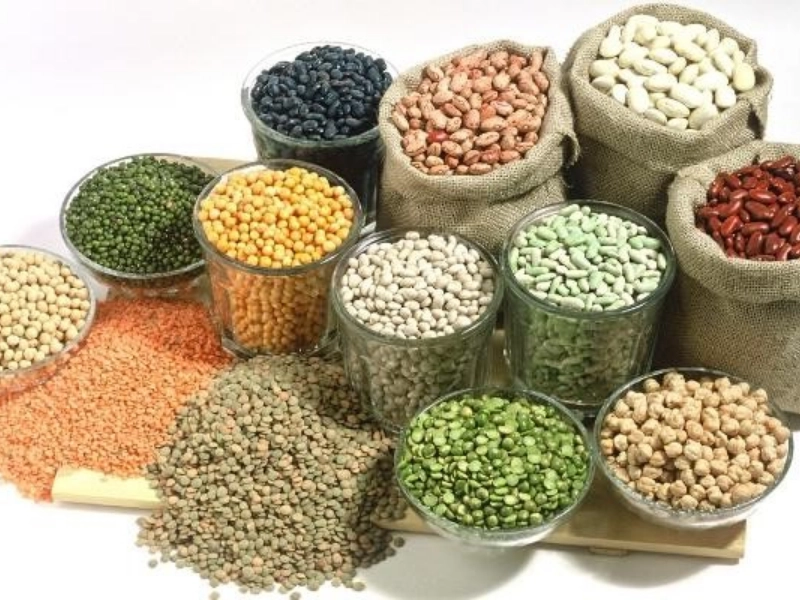 Given their low calorie count and great fiber content, grains can be rather important for weight control. Whole grains' fiber encourages sensations of fullness, which might help stop overeating. Furthermore, the complicated carbs in grains give long-lasting energy, which lessens the possibility of energy crashes that could cause bad eating habits. Whole grains help people to keep a balanced diet that supports good weight control by integrating them into meals and snacks.
7. Meals' Versatility of Grains
Given their low calorie count and great fiber content, grains can be rather important for weight control. Whole grains' fiber encourages sensations of fullness, which might help stop overeating. Furthermore, the complicated carbs in grains give long-lasting energy, which lessens the possibility of energy crashes that could cause bad eating habits. Whole grains help people to keep a balanced diet that supports good weight control by integrating them into meals and snacks.
7. Meals' Versatility of Grains
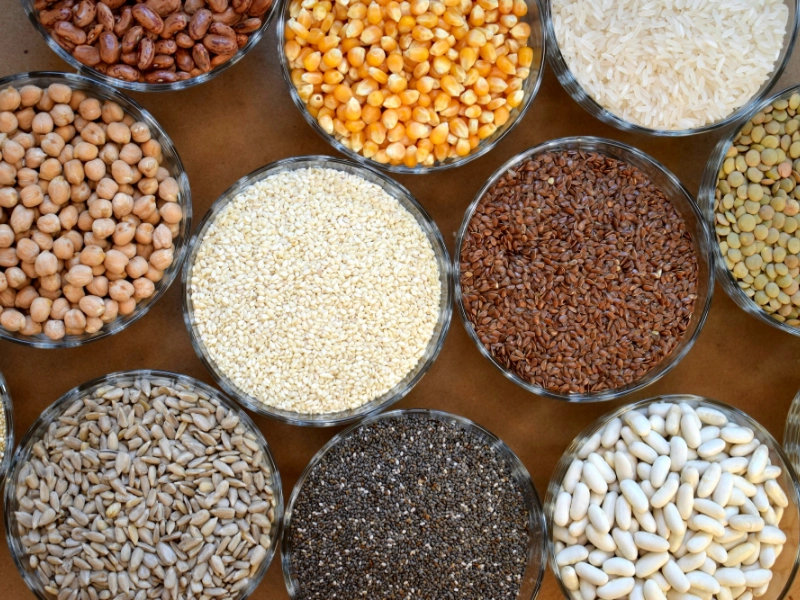 Grains are quite flexible and fit quite well in many kinds of cuisine. Salads, side dishes, or main courses could all start from them. While brown rice might go well with stir-fries and curries, quinoa is a side dish or salad accompaniment. One can savor oats as a whole breakfast or in baking. The great variety of grains available lets people play with various flavors and textures, therefore helping them to keep a varied and fun plant-based diet.
8. Grain Summary for a Plant-Based Diet
Grains are quite flexible and fit quite well in many kinds of cuisine. Salads, side dishes, or main courses could all start from them. While brown rice might go well with stir-fries and curries, quinoa is a side dish or salad accompaniment. One can savor oats as a whole breakfast or in baking. The great variety of grains available lets people play with various flavors and textures, therefore helping them to keep a varied and fun plant-based diet.
8. Grain Summary for a Plant-Based Diet
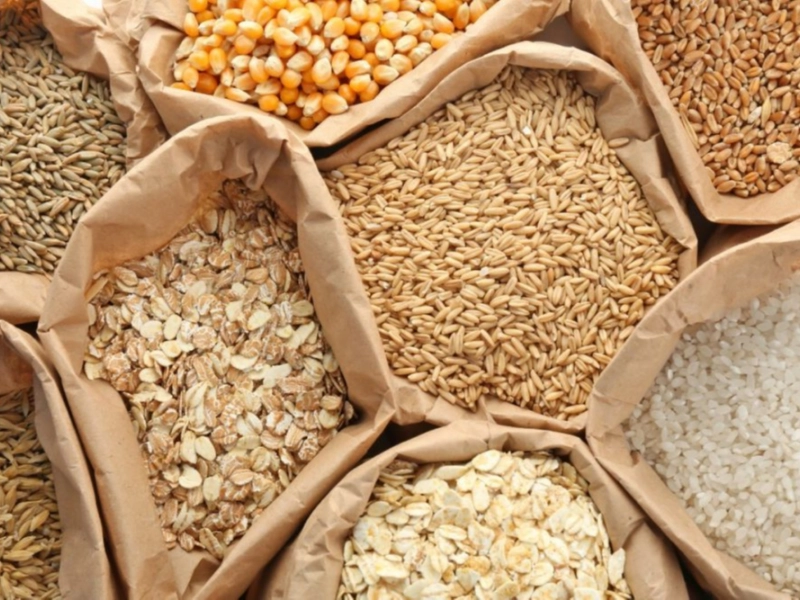 All things considered, grains are a basic part of a plant-based diet since they offer energy, fiber, and important minerals. Particularly whole grains give many health advantages, including weight control, heart health, and a better digestive system. By giving grains top priority in their meals, people can improve their general health and well-being and yet have a varied and fulfilling diet. Stressing the need for grains would enable people to make wise decisions in line with their plant-based way of life.
All things considered, grains are a basic part of a plant-based diet since they offer energy, fiber, and important minerals. Particularly whole grains give many health advantages, including weight control, heart health, and a better digestive system. By giving grains top priority in their meals, people can improve their general health and well-being and yet have a varied and fulfilling diet. Stressing the need for grains would enable people to make wise decisions in line with their plant-based way of life.
Advertisement
Advertisement
